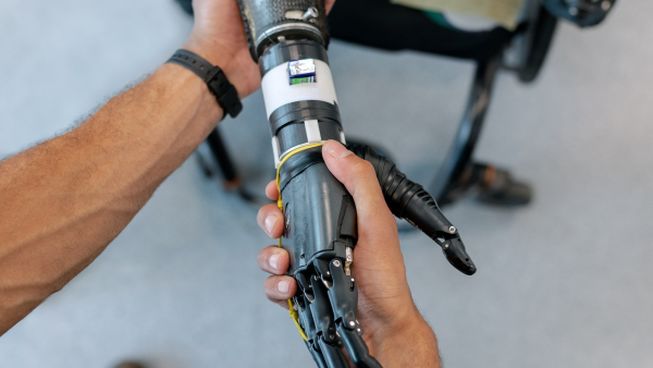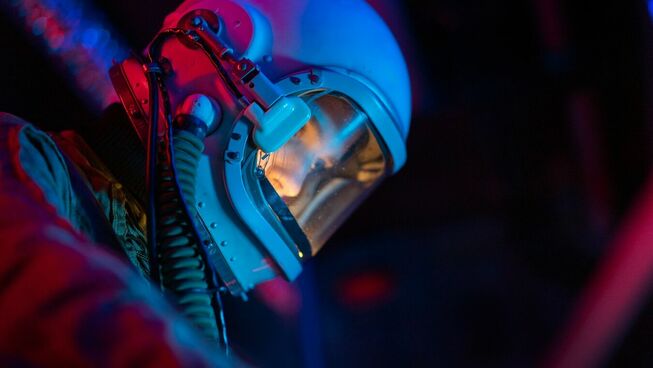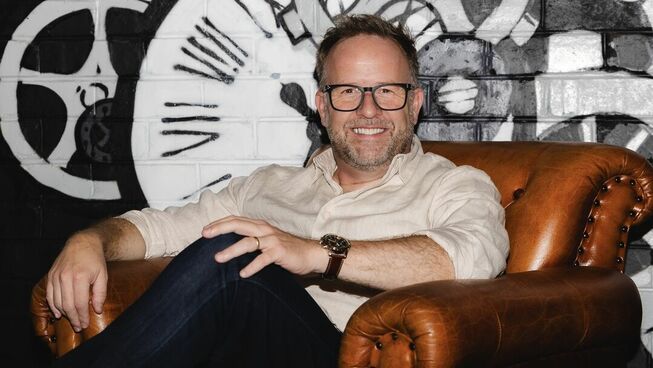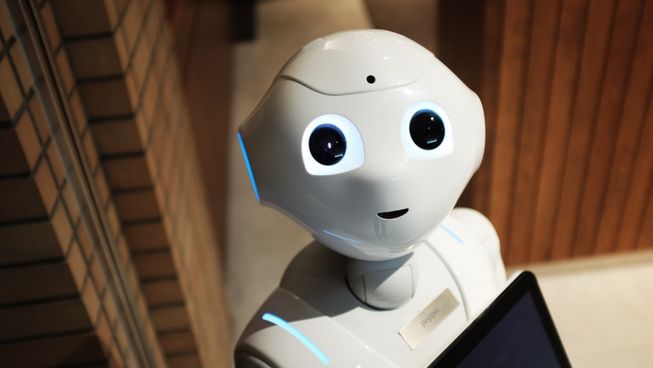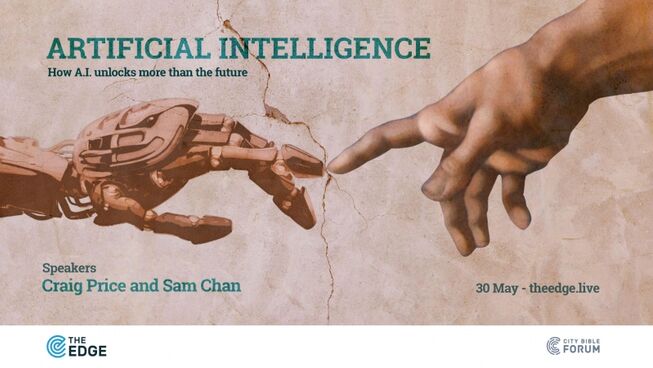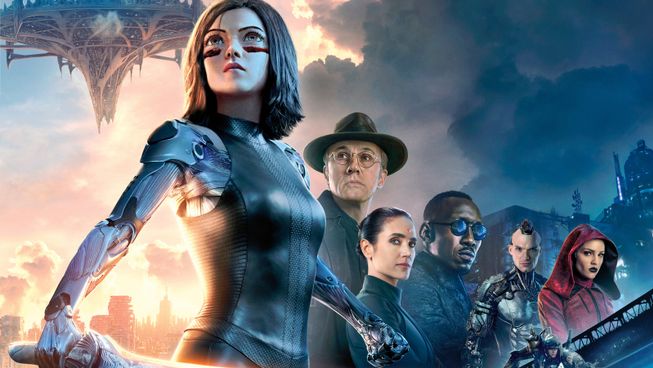
2 out of 5 stars
'The main thing in life is not to be afraid of being human.' Aaron Carter
Robert Rodriguez may not be a household name, but the range of this director’s work proves that he is willing to take on any genre with his signature manner. From Once Upon a Time in Mexico to the Spykids franchise to Sin City, he has proven that he is a risk taker when it comes to his filmmaking style with varying degrees of success. Alita: Battle Angel gives Rodriguez a fresh platform to ply his skills in the realm of the world of Manga storytelling and new digital technology. With James Cameron (Avatar, Titanic) on the production and writing team, this collaboration has the potential to reach great cinematic heights or to implode in on itself.
Set in the year 2563, the world is separated into the Iron City of the land and the sky city of Zalem. Due to the devastating effects of the war labelled as ‘The Fall,’ the two worlds live in a tense co-existence of human and cyborg. Dr. Dyson Ido (Christoph Waltz) is a leading cyborg scientist and physician in the Iron City and continually scavenges for tech that has been disposed of by the sky city’s population. One day as he works through Zalem’s rubbish heap, he comes upon the intact upper torso of a young cyborg teenager who remarkably has survived the fall from the sky city. The renowned scientist manages to save her life by providing her with a new body and names her after his deceased daughter, Alita (Rosa Salazar).
As she awakens in Ido’s laboratory and comes to the realisation of her surroundings, Alita tries to piece together the fragments of her past. With a new lease on life and a new band of friends, this young mix of humanity and machine quickly begins to see the dichotomy of the beauty and the evil of the world in which she finds herself. Even with her loss of memory, her body starts to naturally respond to different challenges that come her way in playing Motorball and by merely walking the streets of the city. When she discovers that her ‘father/creator’ maintains a dark lifestyle at night, Alita begins to see that her past skills provide a new life as a Hunter-Warrior that makes her a target for the head of the underworld, Vector (Mahershala Ali).
What proves to be the biggest challenge for Rodriguez in translating the nine volumes of Gunnm (Translated: Battle Angel Alita) to the big screen is knowing when enough is enough. The rich story affords a multitude of possible entry points and stoppages, but this seems to be more of a struggle than a benefit for the Spykids director. In an attempt to introduce the world to this familiar face within the world of the Manga landscape, the film suffers under the weight of too much too soon.
The film has so many of the necessary elements for a great sci-fi franchise with a strong female lead, multiple Academy Award-winning acting talents, the reintroduction of 3D technology and the advancements of capture motion effects, but fails in one crucial category, a well thought-out script. With a budget that will most likely exceed $200M (US), it is astonishing that so little attention was given to the story. It is not always easy to translate graphic novels to the big screen, but Rodriguez has proven that he is capable of that with Sin City. What seems to have happened with this production was a strong emphasis on special effects and an underlying hope that no one would notice the woeful script.
This all could have been excused if the film managed to show that it was self-aware of being a B-level film with A-level wrapping, but that does not prove to be the case. Eventually, it is difficult not to feel sorry for Christoph Waltz, Jennifer Connelly and Mahershala Ali for signing on to this project and to be given such poor dialogue. Rosa Salazar does carry the film and receives most of the best lines, but things do prove to be a bit too much for this pint-sized dynamo to keep on her shoulders.
Alita: Battle Angel will provide fans of the series a visual smorgasbord to enjoy, but they may wonder where the original story went in the writing process. Even though it is an origins film of sorts, it will be surprising if it will be able to make back its enormous budget much less get enough of a following to develop into a franchise. Like the battle-scarred cyborg as she wakes up in Dr Ido’s laboratory, most audience members may eventually come to ask themselves the question, ‘Why am I here?’
Where do we find our identity? This is a question that gets asked throughout most science fiction films and one that has plagued philosophers, theologians and university professors for centuries. The world of Alita: Battle Angel continues the discussion on identity by evaluating just how much of our physical being needs to be intact for us to be human. In this fictional world, cyborgs are a combination of God and man's creation and even the lead character begins to have a desire to be human.
Keeping in mind that this is a work of fiction and cyborgs do not exist, but as we advance in our technology, are we that far off? Fiction or not, it does not minimise the fact that people continue to question what it means to be human. One reference that can answer this question is the Bible. It states that we are made in the image of God, which means that God has a particular position for us in this world. This answer merely begins to provide an answer to this existential query, why not dig in more? It is interesting that the study of humanity could bring one closer to know God.
1. What does the Bible say about being human? (Genesis 2 & 3)
2. Can we ever find justice? (Proverbs 21:15, Romans 12:19)
3. What is the value of family? (John 15:12-17, Ephesians 3:14-15)
